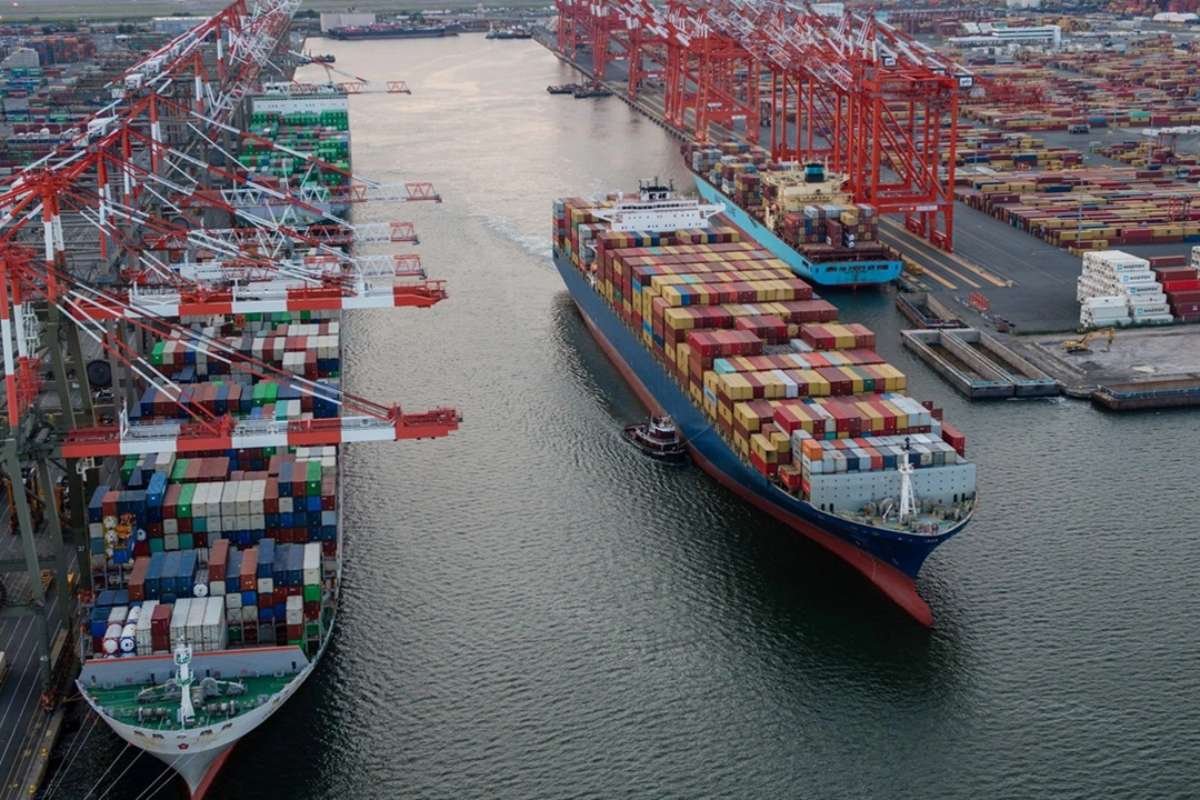Critical Strike Avoided Through Tentative Agreement
A looming strike that threatened to paralyze operations at ports across the U.S. East and Gulf Coasts has been averted, following a tentative agreement reached Wednesday between the International Longshoremen’s Association (ILA) and the United States Maritime Alliance (USMX). The deal covers over 25,000 jobs at 14 port authorities stretching from Maine to Texas and ensures continuity in port operations critical to the U.S. economy.
The agreement, which spans six years, requires ratification by ILA members to be finalized. Both parties released a joint statement lauding the tentative pact as a step forward for port modernization while safeguarding jobs. “This agreement protects current ILA jobs and establishes a framework for implementing technologies that will create more jobs while modernizing East and Gulf coast ports—making them safer and more efficient,” they stated.
The resolution came just days before a planned January 16 strike that would have significantly disrupted supply chains and impacted businesses across the nation. Union leaders and management emphasized the importance of balancing technological advancements with workforce security.
Resolving Key Sticking Points: Automation and Wages
The negotiations, which aimed to address the looming strike, culminated after months of deliberation and strikes. Automation emerged as a central issue, with the ILA resisting the adoption of fully automated technologies over concerns of job losses. A compromise was reportedly reached, allowing for semi-automated systems like cranes capable of performing limited automated tasks. However, the contract guarantees union jobs tied to these technological upgrades, ensuring that workers directly benefit from the integration of new systems.
Wages had been a major flashpoint earlier in the talks. In October, the two sides agreed to a wage increase that would boost hourly pay by 10% in the first year and by 62% over the six-year term. That agreement ended a three-day strike, enabling negotiators to focus on other contentious issues, including automation.
USMX management maintained that modernizing port operations was necessary to enhance productivity, while union representatives sought assurances that workers would not be displaced by these changes. “This is a win-win agreement that creates ILA jobs, supports American consumers and businesses, and keeps the American economy the key hub of the global marketplace,” the joint statement said.
Political Implications and Broader Impact
The resolution of the contract dispute avoided potential intervention from government leaders. During the October looming strike, President Joe Biden opted not to intervene, leaving the parties to negotiate independently. Meanwhile, President-elect Donald Trump voiced support for the union’s stance on automation, emphasizing the importance of prioritizing workers over machinery.
Trump had criticized foreign-owned shipping companies dominating the USMX, arguing they should invest in American dockworkers instead of costly automation. “I’d rather these foreign companies spend it on the great men and women on our docks, than machinery,” he wrote in December on his Truth Social platform.
The tentative deal marks a critical step in maintaining the efficiency and competitiveness of U.S. ports while addressing the workforce’s concerns. As the agreement awaits ratification, the nation’s port systems and supply chains remain operational, averting a crisis that could have resulted from the looming strike and rippled across the economy.









